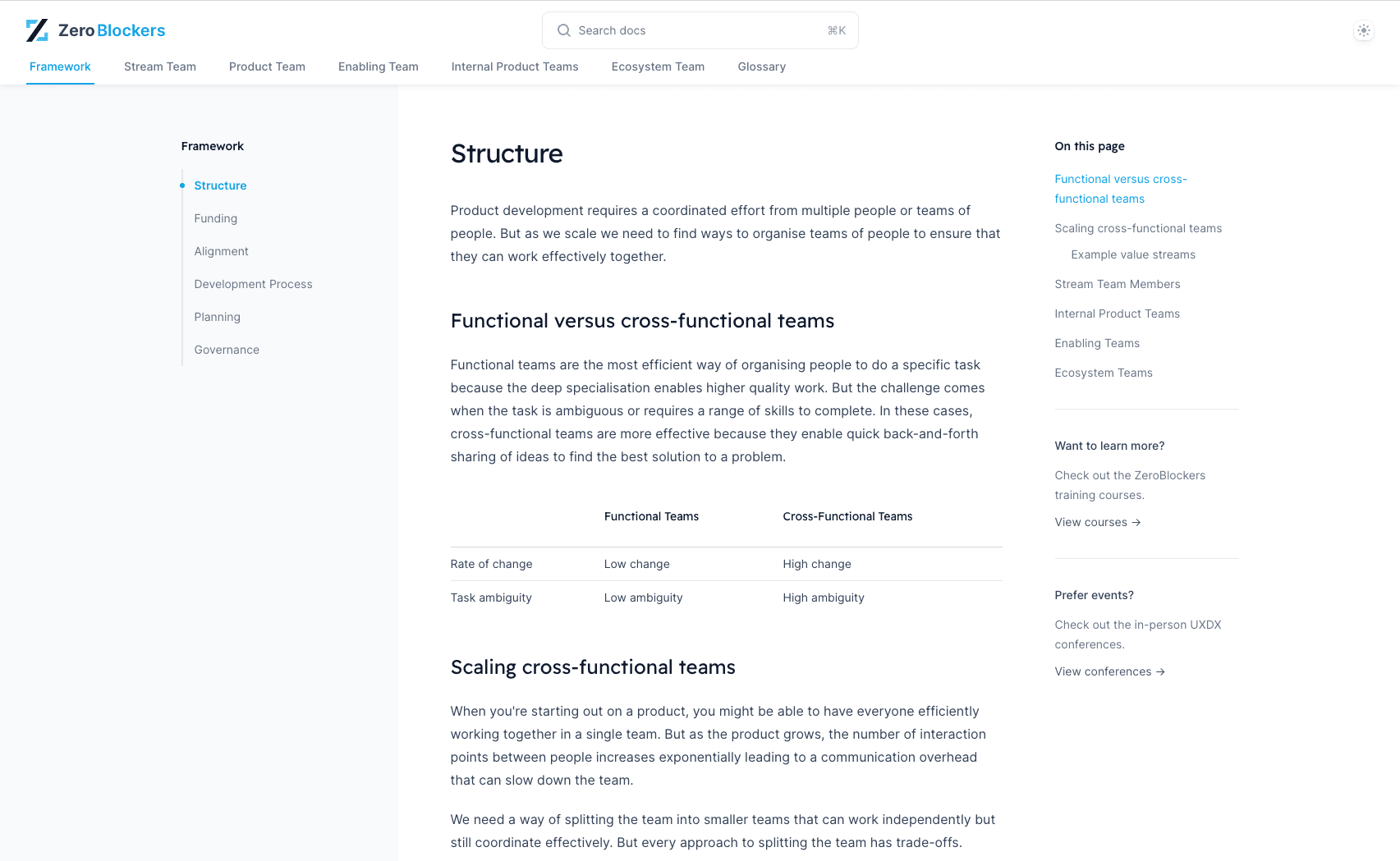Case StudyEnabling Team: Defining Good - Transforming Project Management to Product Management
FREENOW's Barcelona tech hub was facing several challenges that hindered its product development efficiency. Decisions were made top-down, and the focus was on outputs rather than outcomes. The teams were working in a project management style, using Gantt-like charts, and following rigid plans that did not adapt to changing requirements or user feedback. This approach led to long release cycles, limited data tracking, and a lack of accountability for the product's performance post-launch. The company was essentially practicing project management with agile terminology, which caused significant delays and inefficiencies.

The Solution
FREENOW's transition involved transforming their development processes by integrating dual-track agile methodologies. This approach focused on continuous discovery alongside continuous delivery, ensuring that the teams were always aligned with user needs and market demands.
- Initial Diagnosis: The first step was recognizing that the team was practicing project management under the guise of product management. This realization led to a shift in mindset and approach.
- Data-Driven Decisions: They implemented systems to track user behaviors and collect data, enabling informed decision-making. This shift allowed for better monitoring and evaluation of product performance post-launch.
- Customer-Centric Approach: The teams started focusing on user outcomes rather than just delivering features. This involved engaging with users to understand their needs and iterating based on feedback.
- Cross-Departmental Collaboration: Changes were made across all departments, including customer care, operations, product, engineering, and data. This ensured that everyone was aligned and working towards common goals.
- Empowerment and Autonomy: Teams were given more autonomy to make decisions, fostering a culture of ownership and accountability. This shift helped in quicker decision-making and adaptability.
- Agile Frameworks and Practices: They adopted agile frameworks like Scrum and Kanban, emphasizing iterative development and continuous improvement. This helped in reducing release cycles and improving responsiveness to change.
Outcomes achieved
The outcomes of this transformation were profound, highlighting how a shift from project to product management can drive efficiency and product quality. The success of FREENOW’s Barcelona tech hub serves as a testament to the benefits of dual-track agile processes.
- Reduced Release Cycles: The adoption of agile methodologies significantly shortened the time required to release new features and updates. This allowed Spotify to respond more quickly to market demands and user feedback.
- Improved Product Quality: With a focus on continuous discovery, the teams were able to iterate on their products based on real user data and feedback, leading to higher quality and more user-centric products.
- Enhanced Collaboration: Cross-departmental collaboration improved, breaking down silos and ensuring that all parts of the organization were aligned and working towards common objectives.
- Data-Driven Insights: The implementation of robust data tracking systems enabled teams to make more informed decisions, monitor product performance, and pivot as necessary based on empirical evidence.
- Greater Team Autonomy: Empowering teams to make decisions led to a culture of ownership and accountability. This not only improved morale but also enhanced the teams' ability to innovate and adapt.
- Scalability of Practices: The success in Barcelona was shared with other parts of the organization, demonstrating that these practices could be scaled and adapted across different teams and locations.
